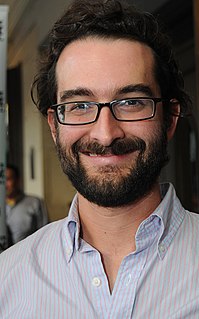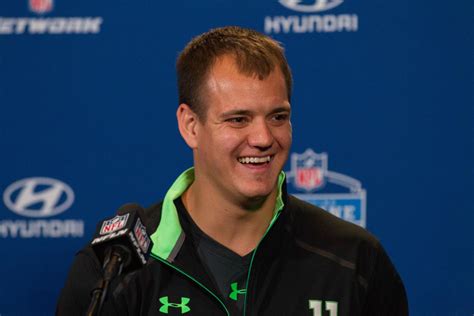A Quote by Bruce Feiler
Knowing more about family history is the single biggest predictor of a child's emotional well-being. Grandparents can play a special role in this process, too.
Related Quotes
And, for example, like, when you're having the conversation with your child about getting their driver's license. Well, a white family - their biggest fear is just that you're driving safely and that they're minding the rules of the road, whereas a black family - their biggest fear is that their child is going to get pulled over and treated unfairly for a reason that they won't understand.
Indeed, my conclusion from a lifetime of psychohistorical study of childhood and society is that the history of humanity is founded upon the abuse of children. Just as family therapists today find that child abuse often functions to hold families together as a way of solving their emotional problems, so, too, the routine assault of children has been society's most effective way of maintaining its collective emotional homeostasis.
What I enjoy about the live experience is getting onstage, being handed a guitar that is in tune, taking it off mute, knowing that the very moment I want to play a note, I can play it. People are waiting on me and I'm waiting on me, and I have no idea what I'm going to play. That's the biggest joy in life.
How precious is the family as the privileged place for transmitting the faith! Speaking about family life, I would like to say one thing: today, as Brazil and the Church around the world celebrate this feast of Saints Joachim and Anne, Grandparents Day is also being celebrated. How important grandparents are for family life, for passing on the human and religious heritage which is so essential for each and every society! How important it is to have intergenerational exchanges and dialogues, especially within the context of the family.
The person who's receiving the food cooks as much as the chef. They have a very important role to play... There's no other activity that the person who receives it can destroy the work, can participate in how it's being done. It's emotional. Sometimes journalists are going to have to start talking more about the diners than the chefs.
To know another human being in their essence, you don’t really need to know anything about them - their past, their history, their story. We confuse knowing about with a deeper knowing that is non-conceptual. Knowing about and knowing are totally different modalities. One is concerned with form, the other with the formless. One operates through thought, the other through stillness.






































